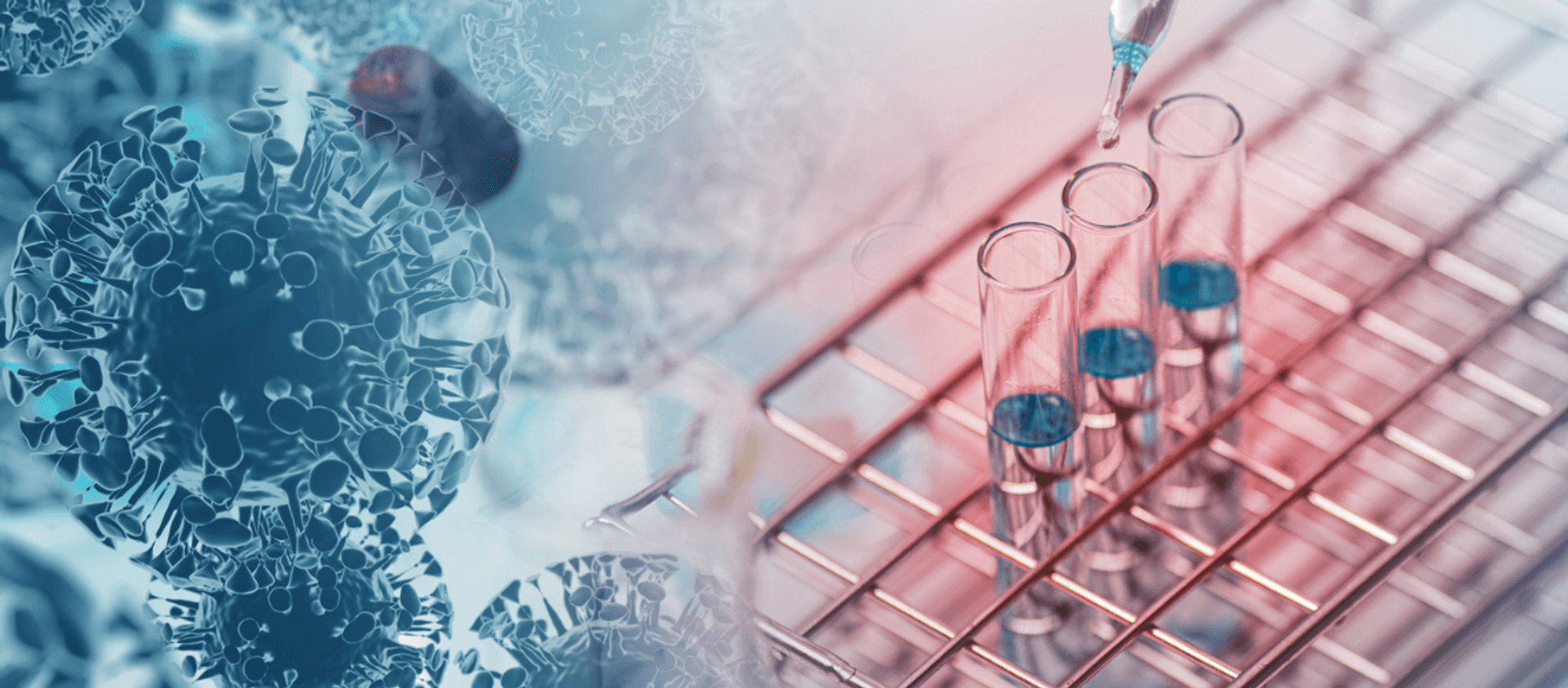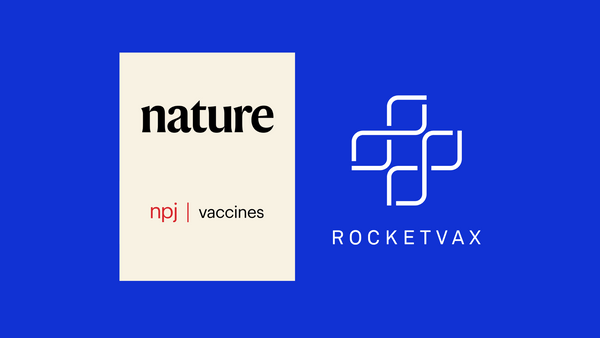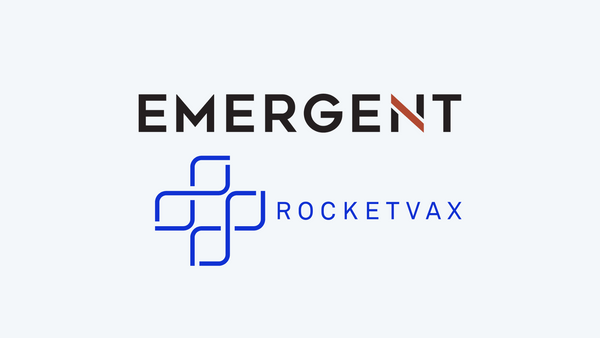To achieve this mission, it founded the Basel-based subsidiary RocketVax AG in the summer of 2020. To start working on this challenging mission, the company successfully brought together globally leading experts in the fields of infectious diseases, immunology, virology, and genetic chemistry from the University of Basel, the University of Zurich, the ETH Zurich, the University Hospital of Basel and the Swiss Tropical and Public Health Institute in Basel, a globally leading institute in the field. This novel research approach also deployed an innovative synthetic DNA technology to manufacture complete SARS-CoV-2 viruses that had been weakened in a targeted manner.
Innosuisse’s promotion of innovation fostered cooperation between universities and associated research institutes and private sector companies. Innosuisse’s financial contribution for the first six-month phase of the project amounted to CHF 1.2 million. “The threat of new virus variants is precisely what creates such a huge pressure to succeed in the field of SARS-CoV-2 vaccination research. RocketVax and the teams at the various research institutes are fully aware of their responsibility and are working together under great pressure to create a new generation of vaccines. The support provided by Innosuisse, the Swiss Innovation Agency, confirms the validity of our innovative research approach. For the team, this support represents an important milestone on the road to successfully achieving the project’s aim of creating a next-generation SARS-CoV-2 vaccine,” said Dr. Vladimir Cmiljanovic, founder and CEO of SwissRockets and RocketVax.
The RocketVax vaccine, RVX-13, uses coronavirus-based vectors containing all the immunogenic components of the coronavirus but cannot multiply. A digital DNA-designing platform ensures that the design process is simple and that producing the new vaccine vectors is efficient. Prof. Thomas Klimkait, who is responsible for the pre-clinical development of the vaccine: “RocketVax’s innovative production of RVX-13 allows the vaccine to be presented as an ‘authentic virus particle’, while being non-infectious in those who receive it. In addition, RocketVax’s innovative approach allows further that rapid adjustments can be made to the vaccine to adapt to changing viruses.”
The most important differences between RVX-13, RocketVax’s SARS-CoV-2 vaccine, and the first-generation vaccines are as follows:
- RVX-13 induces a comprehensive activation of the immune system. Unlike the first-generation vaccines, which only target the spike protein, RVX-13 contains all the SARS-CoV-2’s structural proteins. This provokes a significantly broader antibody response and reduces the risk of a ‘viral escape’.
- The helper T cell response is activated. When a person is infected with a virus, viral proteins are also presented to helper T cells as a second line of defense (cellular immunity). As RVX-13 contains all the possible epitopes and not only those of the spike protein, this leads to a significantly improved T cells response.
- Cytotoxic (‘killer’) T cell response. Our vaccine enters the cells, and SARS-CoV-2 proteins are produced in those cells, like the current mRNA vaccines producing only the Spike protein. The viral proteins are then presented to the cytotoxic T cells. RVX-13 contains over 70% of the relevant ‘killer’ T cell epitopes of SARS-CoV-2 – a repertoire that extends far beyond the Spike protein.
- SARS-CoV-2 mutations will less heavily impact the efficacy of RVX-13. Mutations in the spike protein are reducing and increasingly threatening the efficacy of first-generation vaccines. The efficacy of RVX-13, which provides the immune system with the full palette of viral antigens, is therefore not entirely dependent on the spike protein.
- No adjuvants are required. Because our vaccine does not require any adjuvant substances to strengthen or stabilize it, such as PEG (polyethylene glycol), allergic reactions are avoided. The ‘natural packaging’ of RVX-13 in a virus particle stands in contrast to the conventional mRNA vaccines.
- Simple transportation and storage. Compared to the mRNA vaccines, our RVX-13 vaccine remains stable at ambient air temperatures for longer, making it easier to store and distribute.
- No pre-existing immunity. There are no foreign vector sequences contained in the RVX-13 that could lead to immunogenicity, a reduced level of protection, or a weaker reaction to COVID-19.
This means that having previously been infected with SARS-CoV-2 or having previously received a COVID-19 vaccine does not prevent someone from receiving the RVX-13 vaccine.
The current status of the research: The genetic design has already been successfully established. The process of synthesizing the designed vaccine virus is in an advanced stage of development and an animal model ‘proof of concept’ is imminent. The GMP and scale-up activities are pending within the next eight months, followed by pre-clinical safety and phase 1, 2, and 3 clinical trials.
About Swiss Rockets AG
Founded in 2018, Swiss Rockets AG is implementing a paradigm shift in healthcare. Patients benefit from new treatments that are developed using innovative and forward-looking methods. The Swiss Rockets team combines the necessary expert knowledge and experience to create innovative medications, focusing mainly on cancer and viral diseases.
The founders of Swiss Rockets AG are Dr. Vladimir Cmiljanovic, Dr. Natasa Cmiljanovic, Manuel Ebner and Dr. Thomas Sander. Vladimir Cmiljanovic is the CEO, a medicinal chemist, and entrepreneur with more than 15 years’ experience in developing cancer medications. He is the founder of the Swiss biotech companies PIQUR and TargImmune. Working with Dr. Natasa Cmiljanovic, the Scientific Director of Swiss Rockets AG, he developed cancer medications at the University of Basel. Also, he has founded and managed several biotech firms. Manuel Ebner is the Managing Director of the Bank of America Merrill Lynch, Switzerland, and a strategic advisor to Swiss Rockets. Dr. Thomas Sander, one of the first employees of the biotech firm Actelion, is a scientific advisor to Swiss Rockets.
The Management Board of Swiss Rockets AG is made up of Dr. Vladimir Cmiljanovic (Chair), Prof Dr. Michael N. Hall, a renowned researcher and professor of the Centre for Molecular Life Sciences of the University of Basel, Dr. Natasa Cmiljanovic, a medicinal chemist and clinical scientist with experience in developing cancer medications, Dr. Thomas Ladner, a corporate lawyer, founder and co-founder of several successful start-ups and the World.Minds foundation, and André Debrunner, financial expert and fund manager with Northern Trust Switzerland AG.
About RocketVax AG
RocketVax AG is a Swiss biotech startup based in Basel, founded in summer 2020. RocketVax AG is a subsidiary of Swiss Rockets AG. The company is based on the relationship between Swiss Rockets AG, a Swiss incubator and accelerator for startups, Gigabases Switzerland AG, a spin-off of ETH Zurich, and a team of expert scientists from the University of Basel, the University of Zurich, ETH Zurich, the University Hospital Basel and the Swiss Institute of Tropical and Public Health in Basel.
RocketVax AG uses proprietary molecular biology and chemical technology to develop novel vaccines. Leading Swiss experts in immunology and virology have joined forces to implement a novel development concept against the SARS-CoV-2 virus.






